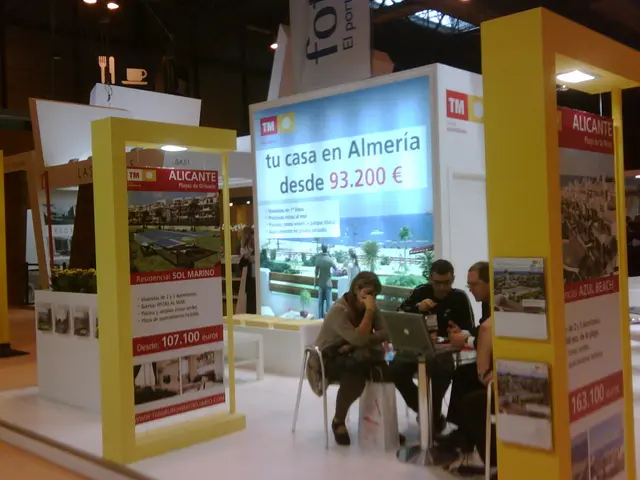Panasonic Energy to Recycle EV Batteries, Targeting Circular Economy by 2028
Panasonic Energy is stepping up its commitment to sustainability and resource efficiency. The company aims to secure resources and reduce carbon emissions through recycling, with a focus on nickel from used electric vehicle (EV) batteries. This move aligns with the growing trend in the industry and the European Union's plans for a 'battery passport' system.
Panasonic Energy has partnered with Redwood Materials to extract high-purity nickel from used lithium-ion batteries. This collaborative project, set to begin in 2028, will take place at a Redwood factory in Nevada, using materials from Panasonic Energy's plant. The goal is to make new batteries using recycled materials and newly mined materials at the same cost by 2028.
The global lithium-ion battery recycling market is projected to grow significantly, from USD 3.22 billion in 2022 to USD 14.89 billion by 2030. This growth reflects the increasing demand for recycling and the need to manage the growing number of used EV batteries.
Japan, Panasonic's home country, aims to establish a domestic battery recycling system by 2030. The country is supporting recycling technologies and the development of easily recyclable batteries. This initiative complements Panasonic Energy's efforts to secure resources and reduce emissions through recycling.
Panasonic Energy's collaboration with Redwood Materials is a significant step towards a circular economy for EV batteries. By 2028, the company hopes to make batteries using recycled materials at the same cost as newly mined materials. This project contributes to Japan's goal of establishing a domestic recycling system and aligns with the European Union's plans for a 'battery passport' system, ensuring a sustainable future for the EV industry.
Read also:
- Industrial robots in China are being installed at a faster rate than in both the United States and the European Union, as the global market for these robots faces a downturn.
- NATO's Massive Naval Drill Shows Unity Against Russian Aggression
- Undeads Games Reaches $30 Million TVL and Gears Up for MMORPG Debut
- Hyundai N affirms transition to hybrid performance-centric models, initiating with Tucson N








